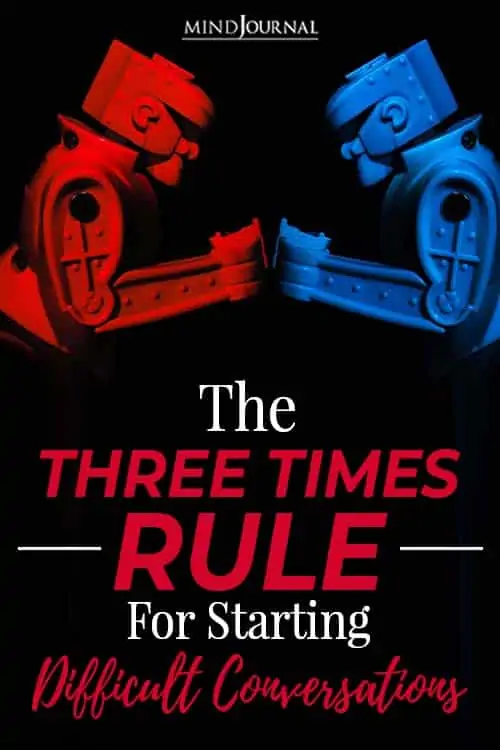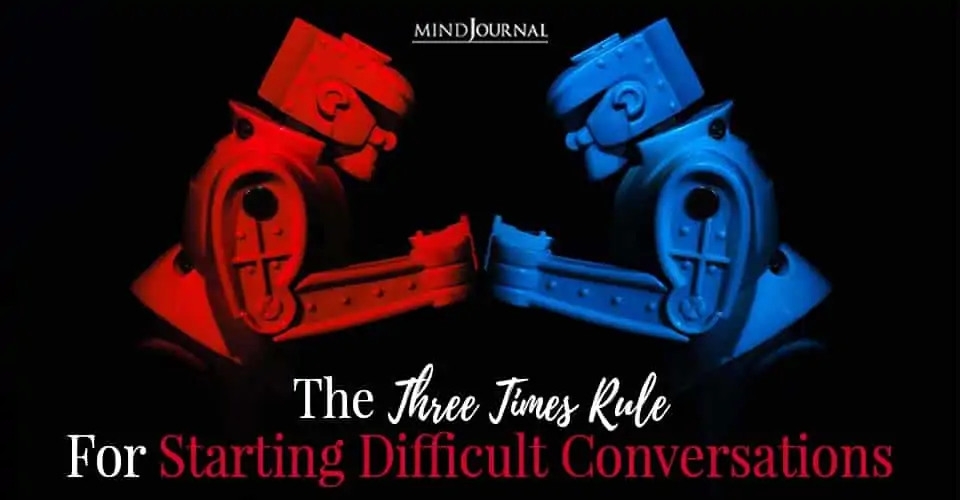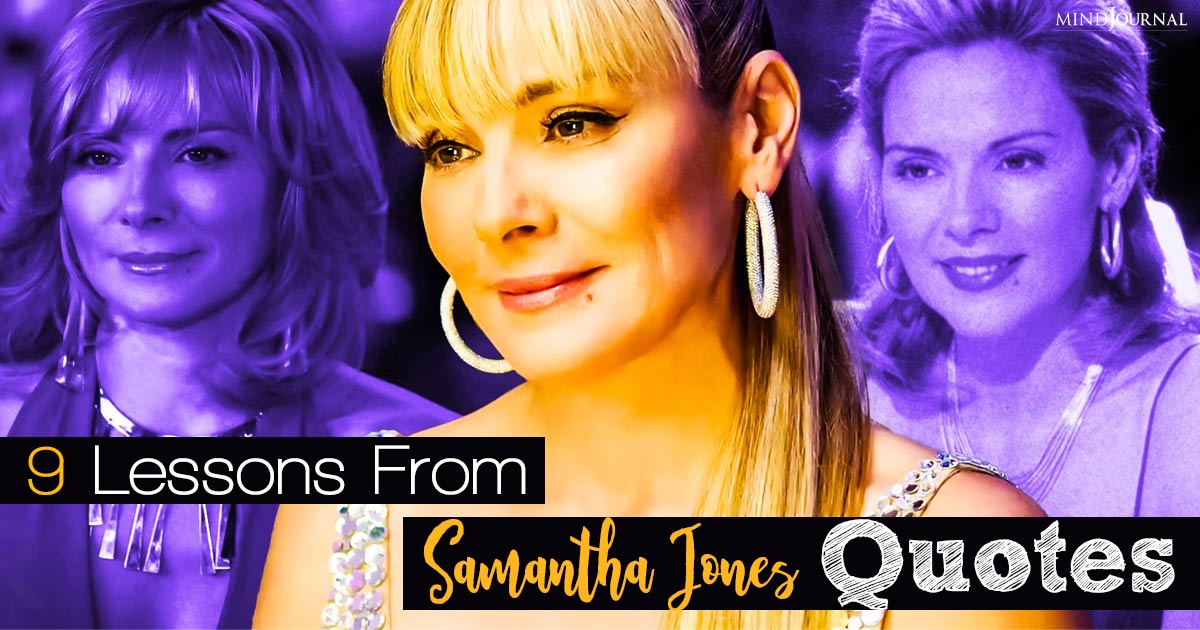I have found that there is a useful way to frame and approach difficult conversations. I call it the “three times rule.” It refers to the fact that if I find myself returning to an incident or exchange with someone on more than three occasions, then I use the three times rule to bring it up.
Here is an example.
Me: “Hi, Janet. I was wondering if we might find a time to talk.”
Janet: “Sure, what is up?”
Me: “Well, we had an exchange the other day that I wanted to discuss with you. You see, I have this rule that if something happens, and I find myself thinking about it afterwards on three or more different occasions, then that is a signal that I should bring it up. I found myself thinking about an exchange we had a week or so ago several times over the week so I wanted to talk with you about it.”
Janet: “Ok. I am not sure if I know what you are talking about. It is when I made that comment about your theory?”
Me: “Yes, that was the thing. I want to be clear upfront that I am not sure exactly what you meant by it or what to make of it. I just wanted to let you know that it activated something in me and I wanted to share that with you.”
Janet: “So, can you tell me what you were thinking or what you reacted to?”
Me: “Yes. So, everyone knows that I am definitely obsessed with my theory. So, at one level when you said that ‘it was all I cared about’ I can see what you mean. But it was the way you said it. Or maybe the way I heard it. I don’t know, it just seemed a bit disrespectful or hurtful. I guess I heard it as though you were saying I some complete narcissist who only cared about my theory. Maybe I am projecting but that is how I heard it. Or, that is how a part of me heard it. And I found myself going back to it more than three times over the past week, so here I am sharing that with you just to let you know.”
Janet: “Huh. Well, I really did not mean that I thought you were a complete narcissist, I just was saying that you are obsessed with your work. I did not mean to hurt your feelings.”
Me: “Thanks for that. Like I said, I knew it might have come from me. It is just that I do have some complicated feelings about my work and my relationship to it and how it connects to others. Maybe I was putting that on to your comment more than I should have. But I figured you would want to know because it did affect me. And now hearing your feedback helps me see that it was not your intent.”
I have found in my clinical work that many people have difficulty knowing how to “process” feelings about their relationship.
Read 3 Tips To Create Conversations That Are Worth Having In Your Workplace
Process talk refers to when you shift perspective from the normal everyday content (the “what” of the conversation) to processing the feelings and the relationship dynamics (the “how” of the conversation).

This is an unusual way of talking that does take practice.
The “three times rule” is one simple tactic for framing the conversation.
There are some additional principles to guide process discussions.
First, as this example opened, let the person know that you would like to find a time to talk.
This alerts the person that there is something important to discuss and allows the frame and context to be set.
Second, tell them about the three times rule.
Doing so gives you a justification and it serves to “depersonalize” the reason for talking and is likely to decrease their defensiveness.
That is, the reason you are bringing this up is because of the rule rather than you are pissed with them.
Third, be open to the idea that what you were upset about might be the result of a misinterpretation on your part.
You will notice that I said that it was the way “a part of me heard it” rather than some absolute meaning that she clearly conveyed even if she denies it. This gives the conversation the space to go in a number of different directions.
Read The Helicopter Technique Metaphor: 10 Useful Options For Navigating Difficult Conversations
Fourth, this conversation ended pretty quickly, which is fine.
The point was made and a new understanding was reached and the stage is set for the conversation to be returned to if need be. It is likely better for the issue to be raised briefly than not at all. And if it goes deeper and both parties are curious, accepting, loving/compassionate, and motivated in good faith, then it can be an excellent experience.
Finally, the initial goal with this kind of conversation is not to blame or judge, but rather to “call the field” (see here for more on this concept) and communicate that there was a disruption just so that folks are aware of the bump that happened. Being aware that there was a disruption does not necessarily translate into the notion that someone is wrong or should be blamed or that there was only one correct interpretation. I think one of the great interpersonal or socio-emotional skills is learning how to process these kinds of things and how not to get trapped in neurotic reactive cycles with others who we have conflicts with.
Written by: Gregg Henriques, Ph.D Originally appeared on: Psychology Today Republished with permission.









Leave a Reply
You must be logged in to post a comment.